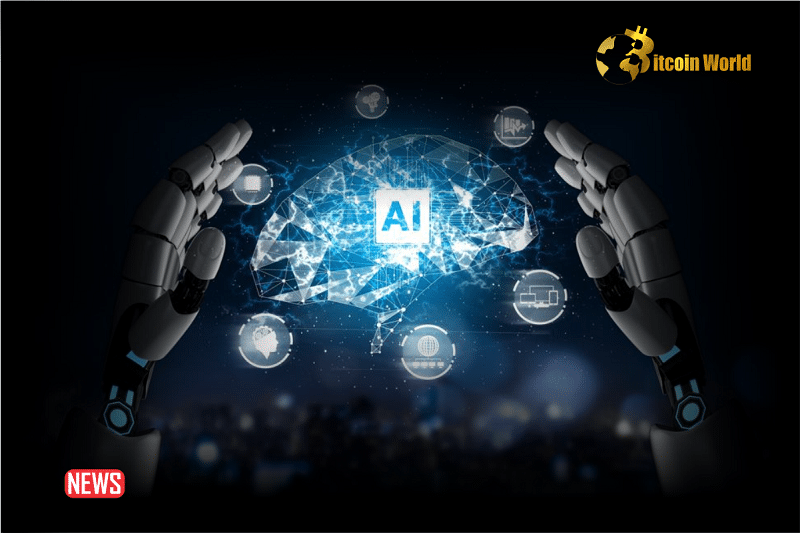KEY TAKEAWAYS
- The collaboration aims to strike a balance between responsibility and innovation in AI
- Security level up: Blockchain enhances security, safeguarding AI systems and data from unauthorized access
- Governance issues, technical complexities, and limitations of blockchain pose challenges
- Global standards and regulations are essential for effective governance and oversight
- Integrating blockchain into AI regulation is crucial for fostering responsible development and ensuring a secure and ethical AI landscape
THE PARTNERSHIP BETWEEN BLOCKCHAIN AND AI GOVERNANCE
The purpose is to balance responsibility with innovation. AI can be extremely helpful but dangerous if not put under control. That’s where blockchain’s steady accounts and transparent business come in handy. This partnership is an important step towards better AI regulations and responsible norms.
The role of Blockchain in AI regulations is to focus on features of decentralization, and stability. This will improve transparency, security, and efficiency.
MAIN PERKS
Take a look at some of the benefits of blockchain and AI integration.
- Security level up: Blockchain keeps AI systems and data safe from meddling and unauthorized access
- Transparency: Blockchain’s transparency allows everyone to check if ethical standards are being followed
- Decentralized control: With decentralized control, there’s less risk of power being concentrated in the wrong hands, leading to a more democratic AI landscape
- Automated compliance: Automated compliance makes regulatory processes smoother, reducing the chance of errors
- Adaptability: Regulations can keep up with all the latest tech developments thanks to blockchain’s adaptability
WHAT ARE THE CHALLENGES?
There are some drawbacks to the integration. Mostly governance issues, technical stuff, and limitations of blockchain. Security and data privacy is always an issue since no platform, let alone integration of two is 100% safe.
Enforcing regulations globally and navigating different jurisdictions – that’s a whole other topic which is one of the most complex parts. We’ll keep an eye on this collaboration and see how it develops further.
Some real-life examples that can show how cool it can be to combine blockchain and AI in different areas are healthcare, finance, and even smart cities. Since AI is not a shiny new toy, the integration with blockchain means we get to see some fancy, cutting-edge technology and improved security. On top of that, we need global standards and regulations to keep everything in check.
That aspect can be covered if countries can work together to set the rules, encourage innovation, and connect the digital distance.
Disclaimer: The information provided is not trading advice, Bitcoinworld.co.in holds no liability for any investments made based on the information provided on this page. We strongly recommend independent research and/or consultation with a qualified professional before making any investment decisions.




